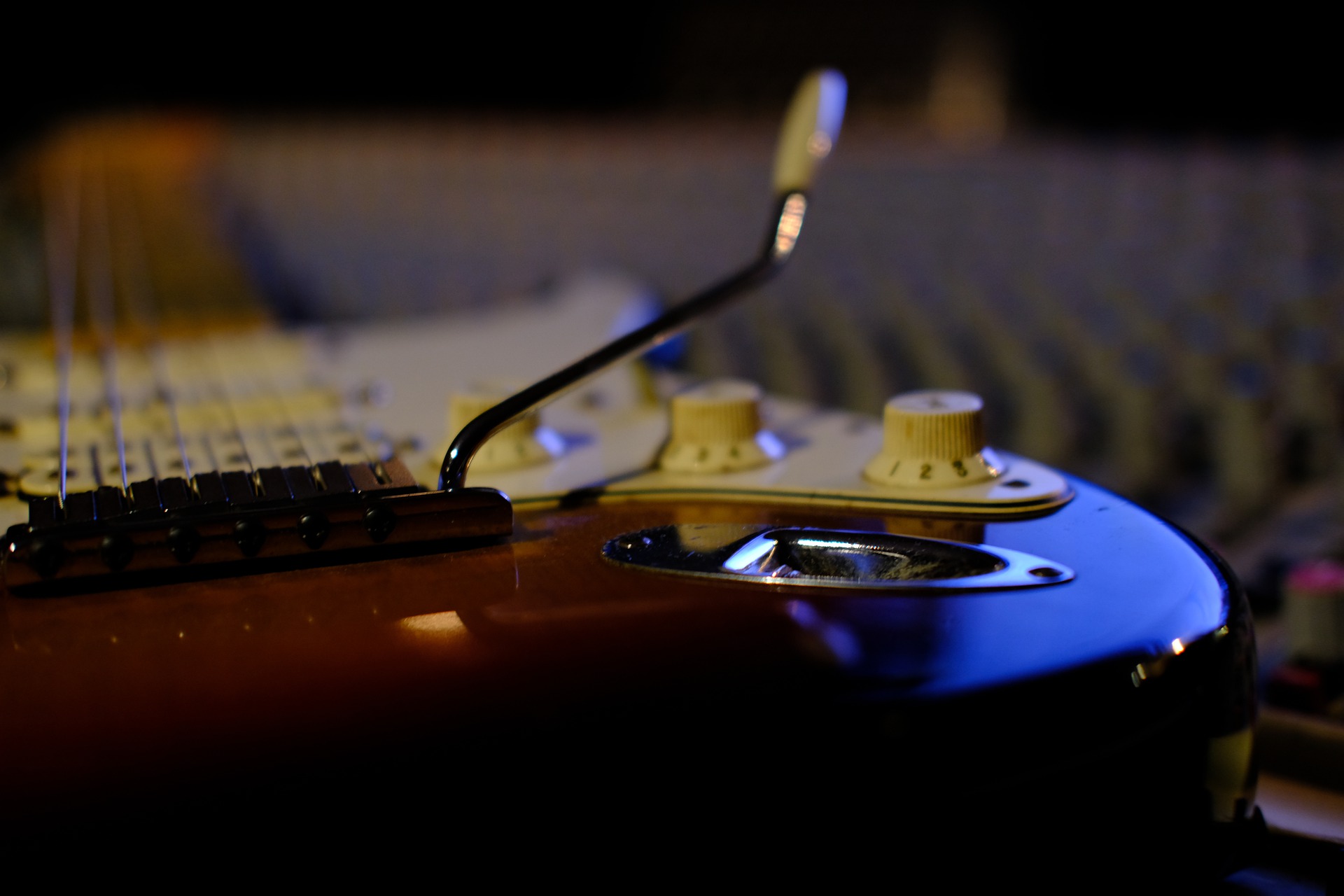
Easy Lydian Dominant Scale Flavors
The Lydian Dominant Scale, also known as the Lydian b7 scale, is the fourth mode of the melodic minor. But […]

The Lydian Dominant Scale, also known as the Lydian b7 scale, is the fourth mode of the melodic minor. But […]
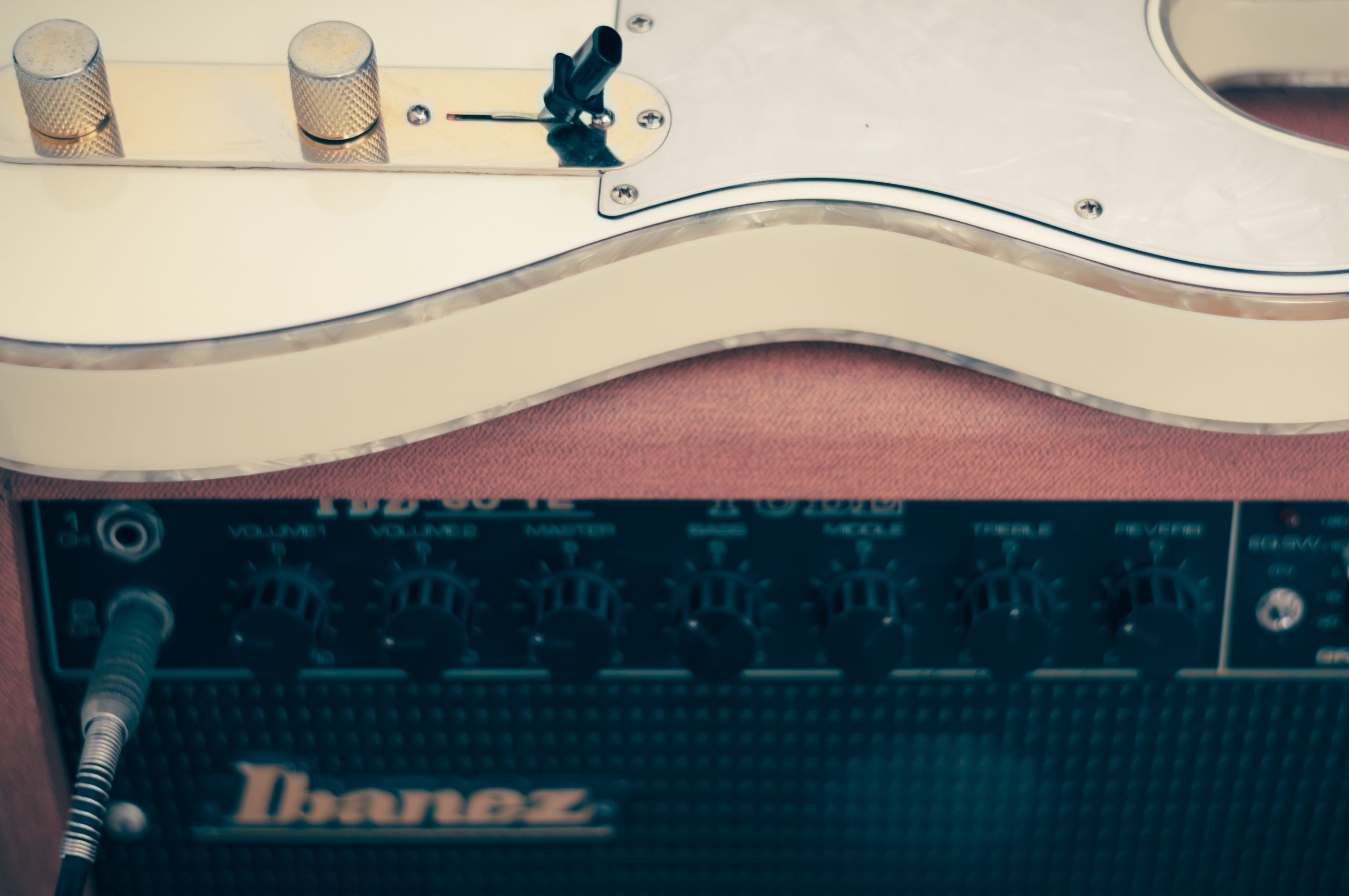
A lot of musicians draw parallels between learning music and learning languages, and I would equate fluent improvisation skills to […]
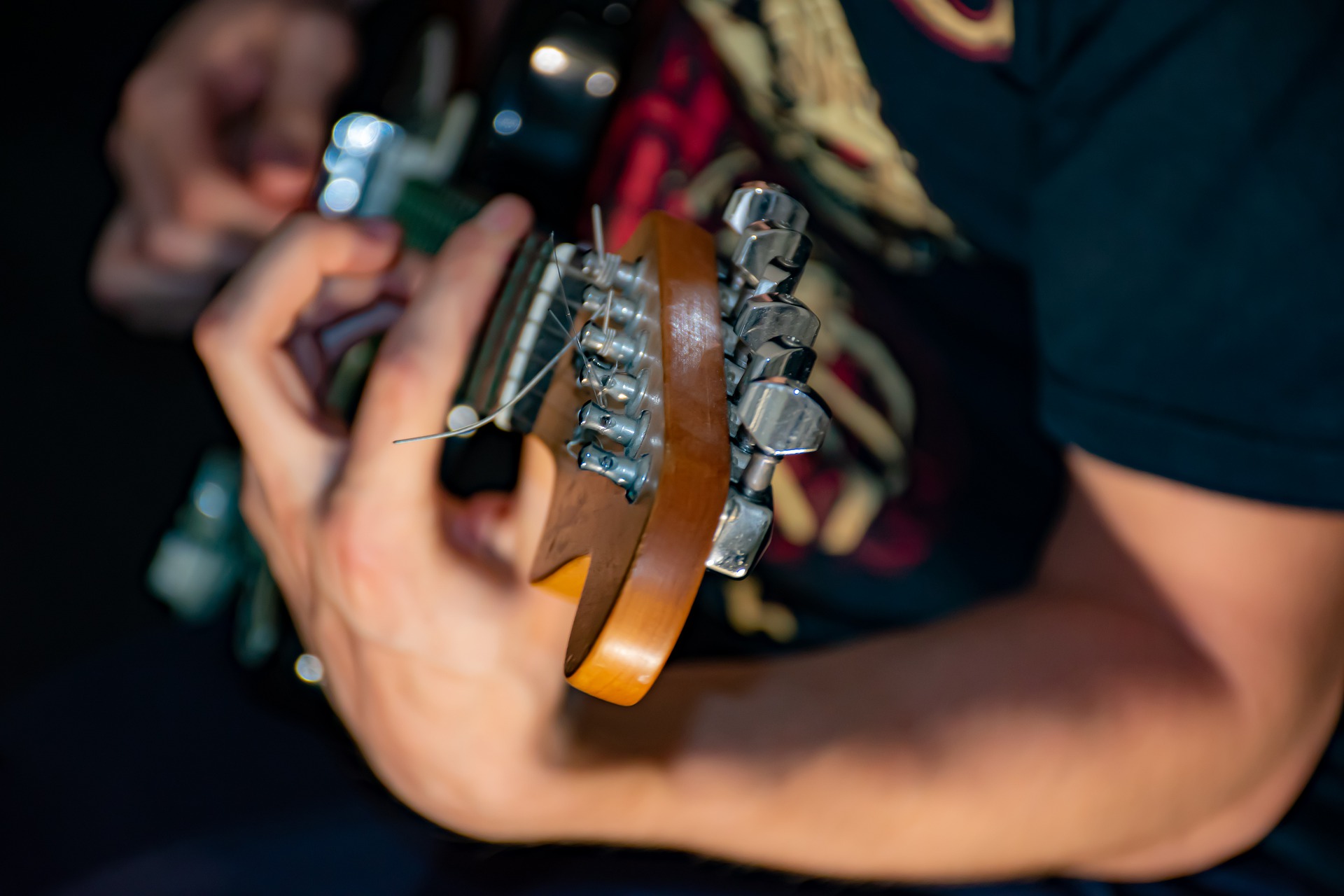
The altered scale for guitar is a difficult concept to grasp for a lot of players. This is because you […]
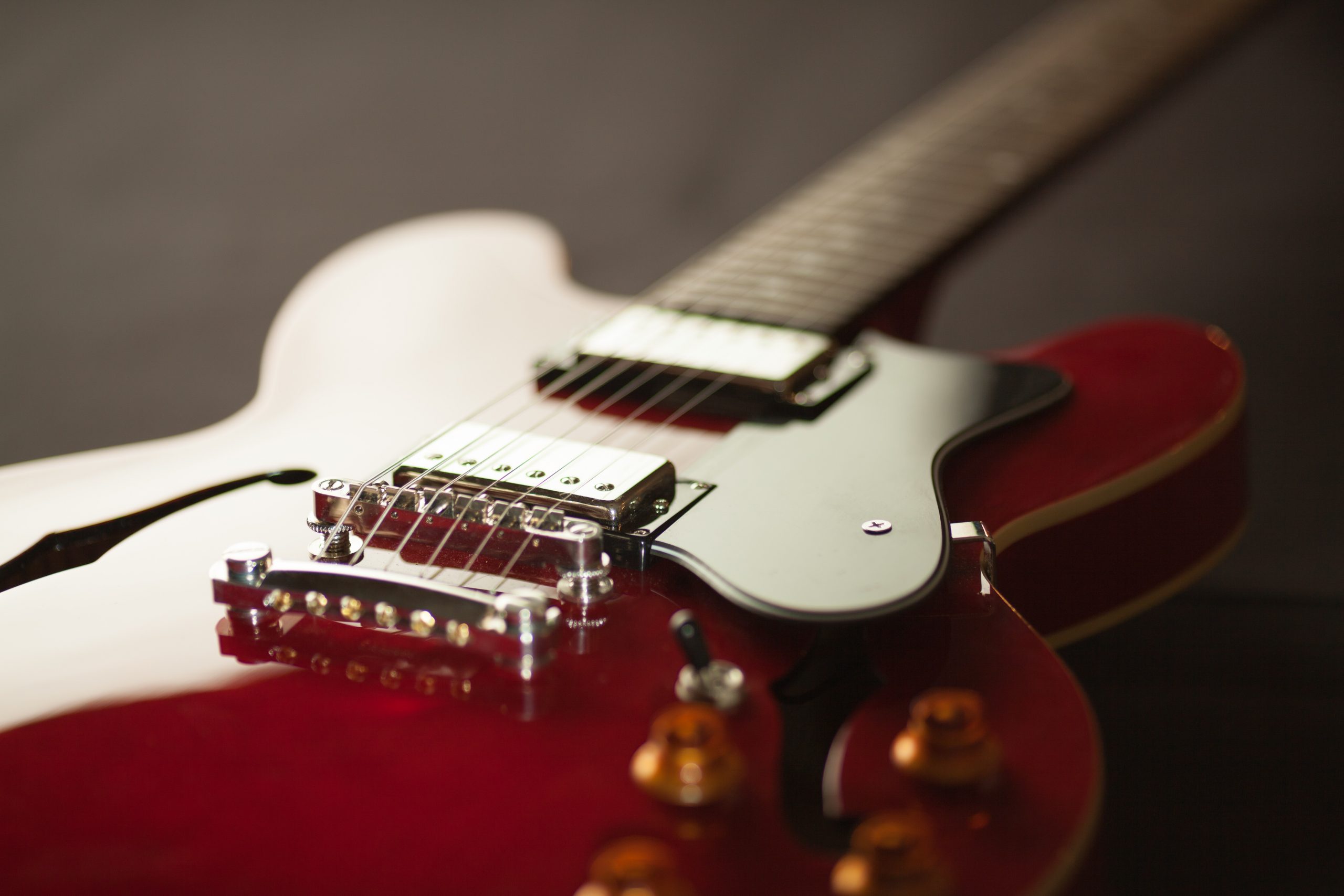
Ear training, especially for guitar, is probably the least interesting thing to do on the instrument, though perhaps one of […]

It’s fairly common for intermediate players to get stuck in a pentatonic rut. The problem is usually not the pentatonic […]

You’ll find a ton of information on guitar improvisation on the internet, so much so that sifting through it all […]

We all get stuck in scale ruts every now and again, especially where the modes are concerned. There’s a lot […]
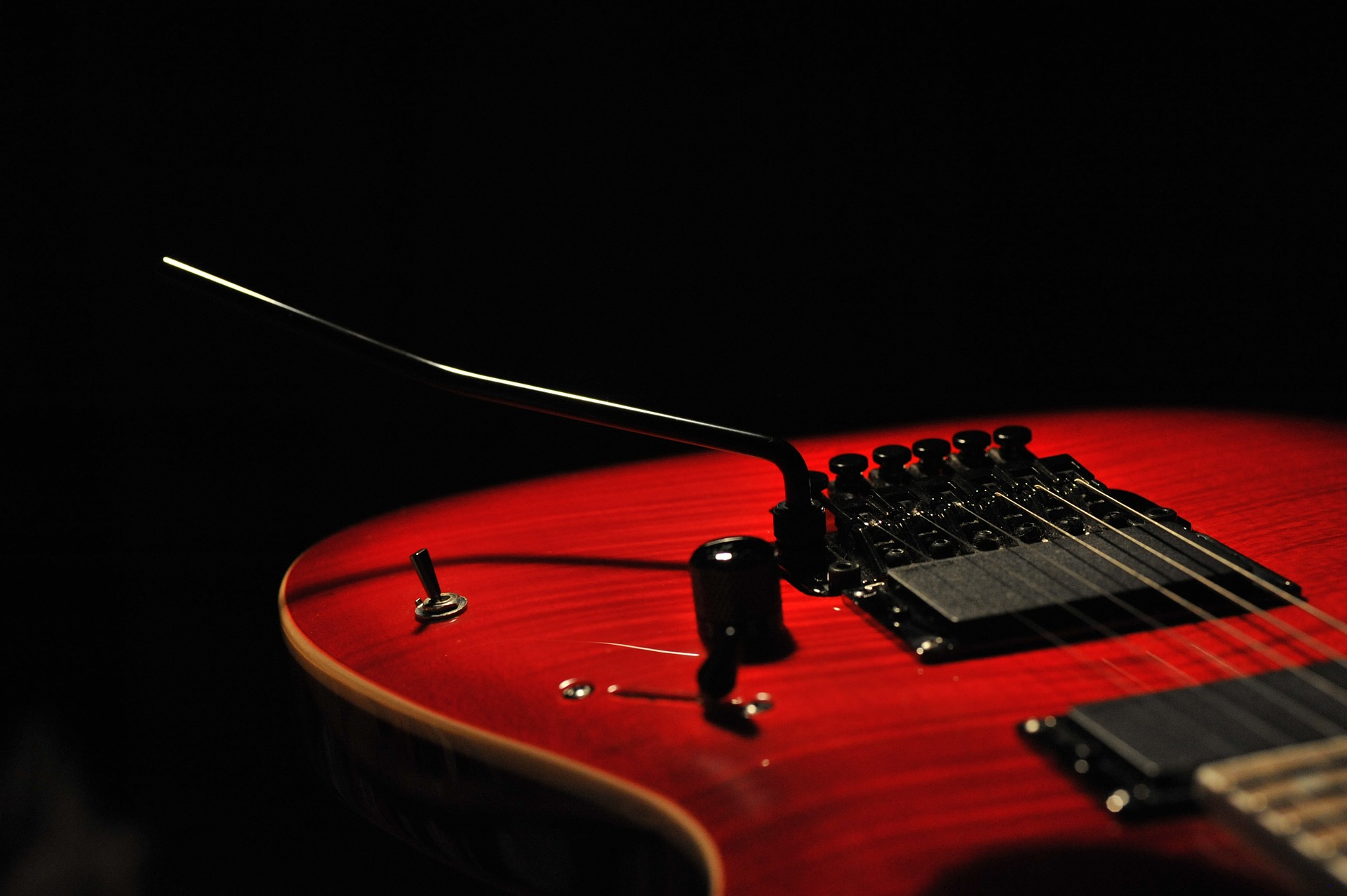
I have a fascination for the number 5 and everything that’s associated with it. In guitar terms this translates to […]

If you’re a fan of fusion improvisation, Wayne Krantz is essential listening, especially live and in the 55 Bar in […]

I really admire players that can do all that neo-classical shred, sweep-picking and whatnot because if there’s one thing I […]